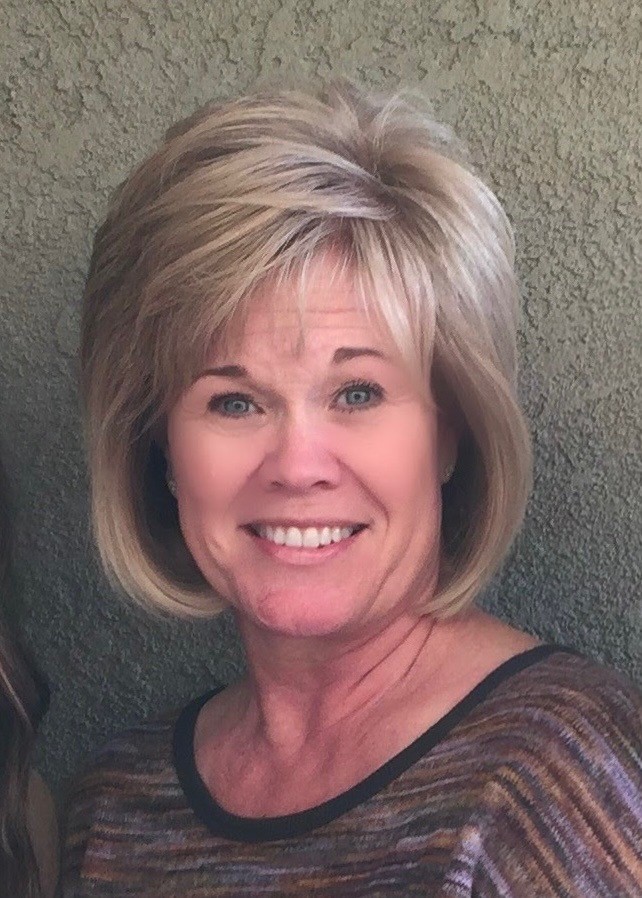Members’ shared experience helps others
Having an incarcerated loved one is often scary and confusing. From the many rules and regulations governing adult institutions to staying up-to-date on policy and law changes, the information barrage can be overwhelming. Thankfully, members of the Statewide Inmate Family Council (SIFC) share these experiences, allowing them to share information, answer questions, and provide support.
SIFC serves people who have a loved one incarcerated with CDCR. The council members serve as vital information liaisons. In regular communication with CDCR officials, including quarterly board meetings, they share updates and information with local Inmate Family Councils (IFC).
Each institution has an IFC that has the same information-sharing role as the SIFC, but at the institutional level.
SIFC brings information and concerns to CDCR’s attention, so the Department can analyze its practices and adjust if necessary. The information flows both ways. SIFC members also provide information to families about why certain policies are in place.
“We become the voice for the families,” said SIFC member Carol Hinds. “It’s not about specific people – it’s everybody, every family.”
Statewide council members offer support

SIFC President Beth Hall said when her loved one became incarcerated, she wanted as much information as she could find. Hall likens the experience to learning a loved one has a serious illness. Anybody would be eager to learn as much as they could about the disease and treatment options. And in that world, it’s common to find support groups to share experiences and information. In the world of incarceration, that’s not nearly as common.
“There are all kinds of groups where people can get help for all kinds of different tragedies in life, and this is my group,” she said. “These are the people who understand what I’m experiencing, and I hope that I can help them understand what I’ve learned.”
SIFC is under the umbrella of the Female Offender Programs and Services (FOPS).
The female program oversees visiting as well as the operations of female institutions and specialized housing. Associate Director Dan Cueva understands the importance of having an information conduit to loved ones. He’s also aware of the value of members having shared experience.
“CDCR appreciates its partnership with SIFC not only because of the information-sharing, but also because the members are able to share their experiences and provide support to one another,” Cueva said. “They communicate and empathize in a way only somebody with that experience can. That is invaluable.”
Helping CDCR while also helping loved ones
SIFC has been involved in discussions for many positive developments at CDCR, from expanded visiting and phone calls to enhanced technology, including tablets for the incarcerated population. There’s no paycheck for SIFC members, but members agree their service has resulted in friendships and opportunities they may not have experienced otherwise.
Hinds and SIFC Secretary Allison Walters started on an IFC together in 2003. At the time, CDCR was implementing IFCs at every institution. Through her IFC work, Hinds met Recreational Therapist Jim Carlson. The staff member is known for his work in bringing arts programs to California prisons, persevering through recessions, budget cuts and public scrutiny. His tireless efforts highlight the importance of these rehabilitative programs. Ever since Carlson invited Hinds to speak at a Joint Commission Senate hearing on arts in prison, she has been an arts advocate.
“It has been a wonderful way to be able to share the beauty and the benefits of one of the most important rehabilitative tools that CDCR has to offer,” she said. “Being able to speak to so many people in varied venues has been part of my ‘rehabilitation’ as well.”
Get involved with SIFC
Hall advises those considering joining IFC or SIFC to first speak to their incarcerated loved one. Also recommended is attending an IFC meeting as a guest. Applicants must attend an IFC meeting before joining the group.
SIFC applicants must be an active IFC member at their loved one’s institution. They are also required to visit their loved one at four times each calendar year. Applicants must be available to regularly attend SIFC meetings in Sacramento (or virtually).
It’s a lot of work, and the job doesn’t end when the quarterly meetings do. SIFC members are in constant communication with many different people. But, in those connections, Hall said, lies the beauty of SIFC.
“It’s about being part of a group that is not really understood in the public eye,” she said. “It’s something we can share together as a group, and the more we learn, that knowledge is comforting. That comfort and knowledge is power. We can share that with other people and hope to comfort them with that knowledge.”
See more community involvement stories.
Follow CDCR on YouTube, Facebook, X (formerly Twitter). Listen to the CDCR Unlocked podcast.
